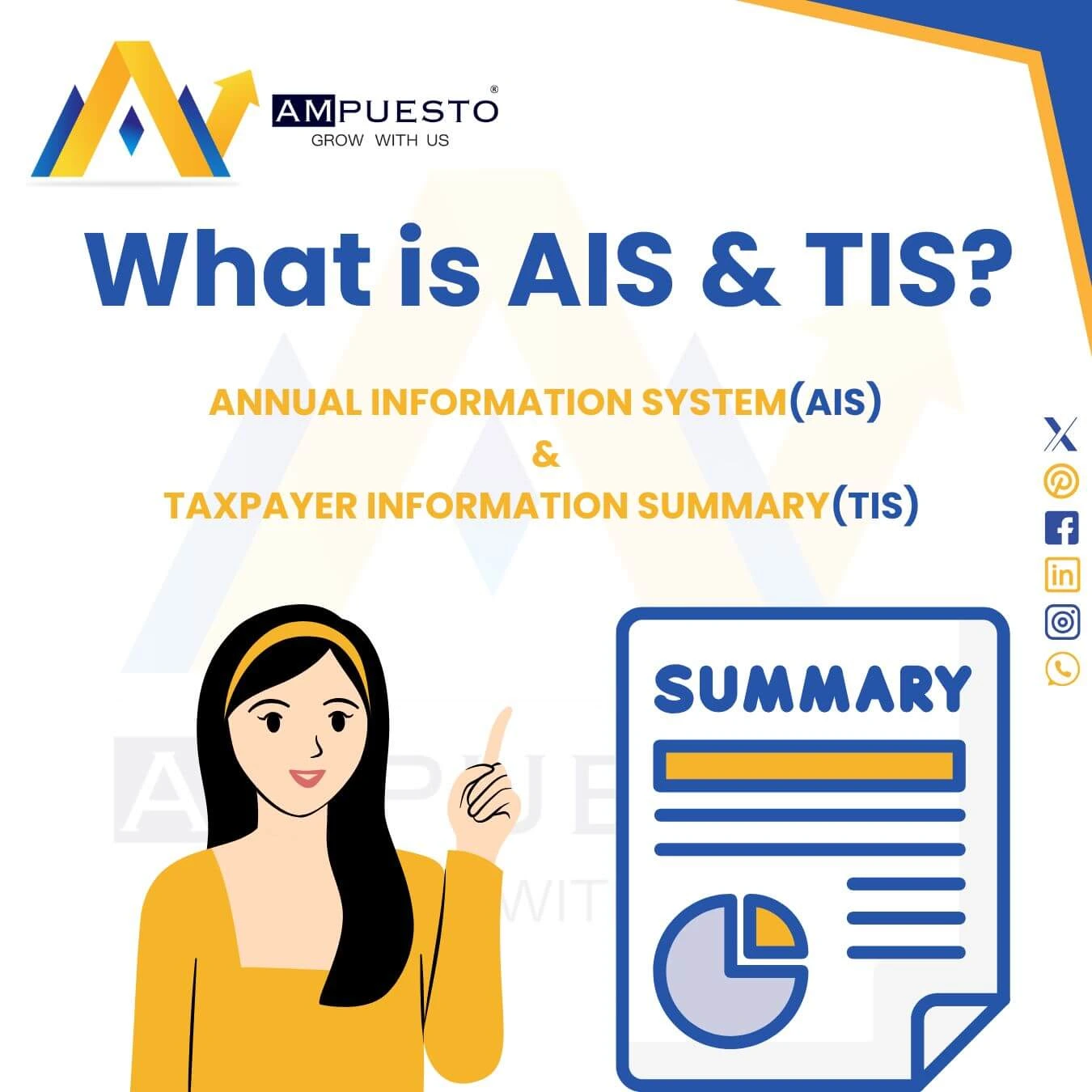
loading...

Choose Your Category
Yes, you can register your firm at your home address. You just need to have electricity bill and a legal rent agreement with the owner of the property. It is perfectly legal to register your firm on your Home Address.
If you register your firm with the registrar then you need to visit Sub-Magistrate Office for the registration but in case you wish to start partnership without registration then you don't need to visit any office or place.
Types of business registration services, including:
In India, Chartered Accountants (CAs) play a vital role in financial management, auditing, taxation, and compliance. They provide services like auditing financial statements, ensuring tax compliance, offering advisory services on finance and business strategy, and certifying legal documents.
A One Person Company (OPC) is a type of business structure in which a single individual can form a company with limited liability. It allows a sole proprietor to operate with the benefits of a private limited company, such as legal protection for personal assets, while maintaining full control of the business.
Yes, a Chartered Accountant (CA) can be responsible for filing Income Tax Returns (ITR) on behalf of individuals and businesses. They provide expertise in tax regulations, ensure compliance, and help optimize tax liabilities.
To hire a CA for tax filing, follow these steps:
Visit the Website: Go to ampuesto.in.
Choose Services: Browse the services offered, specifically focusing on tax filing options.
Fill Out the Form: Complete the online form to provide your details and requirements.
Consultation: Schedule a consultation with a CA from Ampuesto to discuss your specific tax needs and get expert advice.
Receive Assistance: The CA will guide you through the tax filing process, ensuring compliance and accuracy.
Finalize Filing: Provide the necessary documents, and the CA will handle the filing on your behalf.
By using AMpuesto, you can conveniently connect with qualified CAs for efficient tax filing.
AOC 4 refers to the filing of financial statements with the Registrar of Companies (RoC) in India. It's part of the compliance requirements under the Companies Act, 2013. Companies are required to file this form annually, which includes details like balance sheets, profit and loss statements, and other financial disclosures. Failure to file AOC 4 can lead to penalties and legal consequences.
To change a director in a private limited company in India, follow these steps:
Obtain Director's Resignation (if applicable): If an existing director is stepping down, they should submit a written resignation letter to the company.
Board Meeting: The company must call a board meeting to pass a resolution either to remove or appoint a director, as per Section 169 of the Companies Act, 2013.
Shareholders' Approval (if needed): If the Articles of Association or law require, call an Extraordinary General Meeting (EGM) to obtain shareholders' approval for the change.
Filing DIR-12 Form: The company must file Form DIR-12 with the Ministry of Corporate Affairs (MCA) within 30 days of passing the board resolution. This form notifies the Registrar of Companies (RoC) about the resignation or appointment of a director.
Update Registers and Records: The company must update its statutory registers (e.g., Register of Directors) and records to reflect the change.
Digital Signature (DSC) and Director Identification Number (DIN): Ensure the new director has a valid DIN and DSC before the appointment.
Make sure to comply with the Companies Act, 2013, and the company’s Articles of Association.
In India, there are seven types of Income Tax Return (ITR) forms, each catering to different categories of taxpayers. These forms are:
Each form is designed to accommodate various sources and levels of income, ensuring appropriate tax filing for different taxpayers.

Introduction Managing taxes efficiently is an ess
Read More
Introduction Input Tax Credit (ITC) is one of the
Read More
Section 80C of the Income Tax Act is one of the mo
Read More
Filing your Income Tax Return (ITR) is an essentia
Read More
Introduction Understanding the Annual Information
Read More